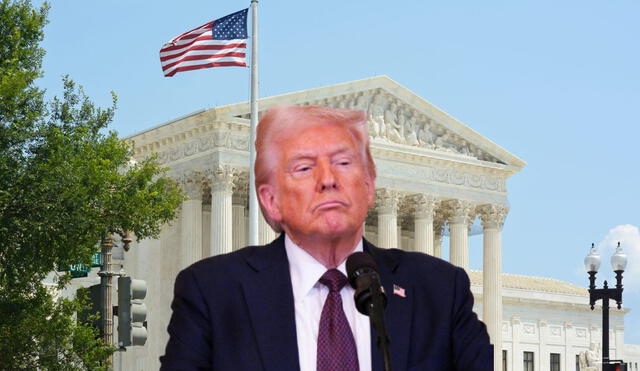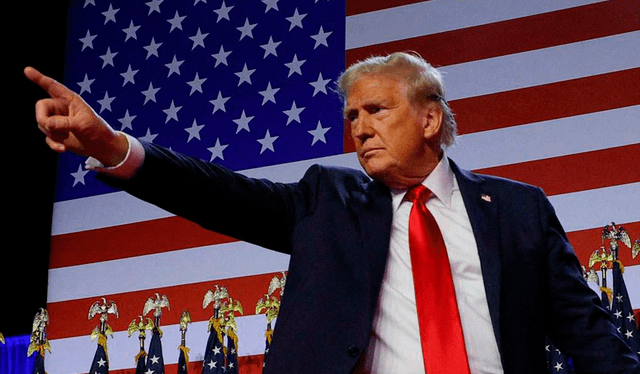SCOTUS denies Trump’s bid to retain billions in frozen foreign aid
The U.S. Supreme Court (SCOTUS) has denied former President Donald Trump’s request to keep billions in foreign aid funds frozen, marking a significant legal development. This ruling could have wide-reaching implications for U.S. foreign policy and international aid.

In a significant ruling, the U.S. Supreme Court (SCOTUS) has rejected the Trump administration's bid to maintain a freeze on billions of dollars in foreign aid that Congress had already approved. The decision, made by a 5-4 vote, marks a pivotal moment in the ongoing battle over executive power and congressional authority.
The Supreme Court did not immediately set a deadline for the release of the frozen funds, allowing the Trump administration to continue its dispute over the issue in lower courts. Despite this, the ruling signaled a setback for the White House's efforts to hold back the foreign aid, which was initially frozen in January under the Trump administration’s push to curb spending.
The majority ruling, backed by Chief Justice John Roberts and justices Amy Coney Barrett, Elena Kagan, Sonia Sotomayor, and Ketanji Brown Jackson, noted that the lower courts should clarify the government’s obligations regarding the temporary restraining order, given that the original deadline for spending the funds had already passed.
Dissenting justices challenge SCOTUS decision on foreign aid
Four conservative justices, including Samuel Alito, Clarence Thomas, Neil Gorsuch, and Brett Kavanaugh, dissented from the majority decision. Justice Alito expressed his discontent, arguing that the decision empowered lower courts to overstep their jurisdiction, calling it an unjustifiable expansion of judicial power.

While the Supreme Court did not set a deadline for the release of the frozen funds, it is still a setback for the White House's efforts to hold back the foreign aid. Photo: BBC
While the ruling does not require the administration to immediately release the funds, it clears the way for the district court to enforce the release, potentially compelling the Trump administration to comply with the court’s directive.
Democrats celebrate SCOTUS ruling on Foreign Aid Freeze
Following the ruling, Democratic leaders in Congress praised the decision, claiming it reinforced the idea that the executive branch’s power is not absolute. Rep. Gregory Meeks, the top Democrat on the House Foreign Affairs Committee, stated that the ruling upholds Congress’s authority over appropriations, and that the funds should now be unblocked to resume critical international programs.
Rep. Pramila Jayapal also applauded the decision, noting that it reaffirmed the principle that Congress controls the allocation of funds and that programs authorized by Congress should be paid as promised.
Background of Trump Administration’s foreign aid freeze
The case revolves around the Trump administration’s decision to freeze foreign aid allocated by Congress to the U.S. Agency for International Development (USAID) and the State Department. The administration sought to realign the funds to fit its own policy agenda, which prompted several nonprofit organizations, including those focused on global health, to file lawsuits. These groups argued that the freeze violated federal law and undermined Congress's constitutional authority over government spending.
The plaintiffs, which include the AIDS Vaccine Advocacy Coalition and the Global Health Council, stressed that the funding is crucial for advancing U.S. interests abroad, especially in global health and humanitarian efforts. They emphasized that the freeze has had devastating impacts, as many programs funded by USAID were suspended.













